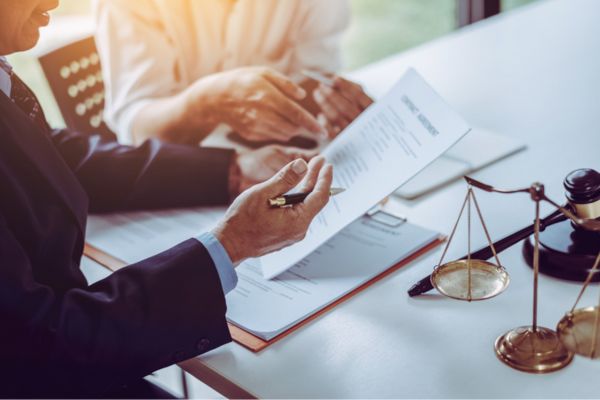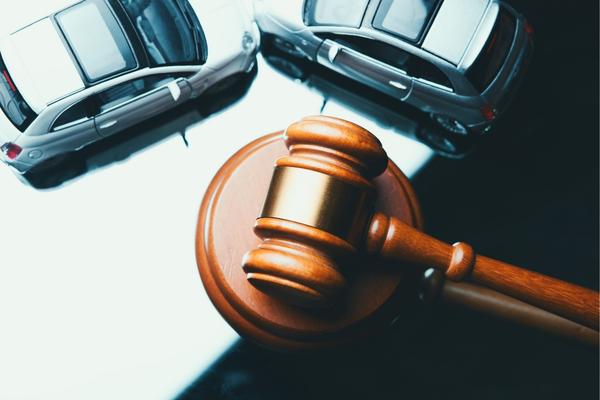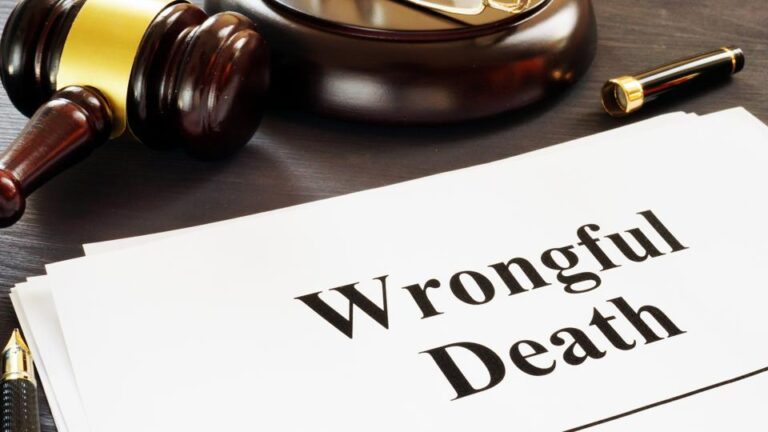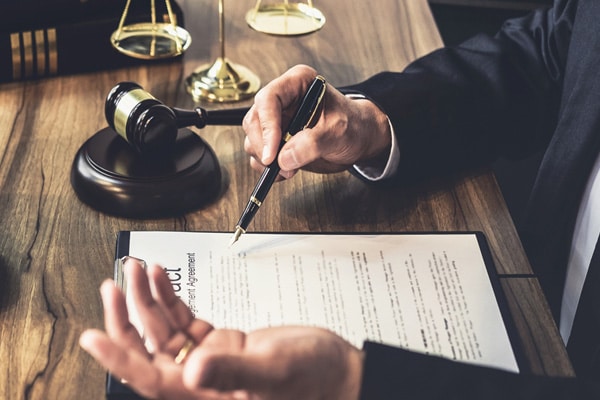Slip and fall accidents can happen in an instant, but their impact can linger for weeks, months, or even years. In the Bronx, these incidents often lead to serious back injuries that disrupt daily life and create financial strain. Understanding your legal rights is crucial to securing the compensation you deserve.
Navigating the legal process after a slip and fall can feel overwhelming, especially when dealing with pain and recovery. From identifying liable parties to gathering evidence, every step plays a critical role in building a strong case. With the right legal guidance, victims can focus on healing while ensuring their rights are protected.
Understanding the Long-Term Effects of Back Injuries from Falls
Back injuries from slip and fall accidents can lead to chronic pain, limited mobility, and long-term medical needs. These injuries often include herniated discs, fractures, or spinal cord damage. Recovery timelines vary, with some requiring months or even years of therapy and rehabilitation.
Chronic conditions like degenerative disc disease may develop if the spinal structure is damaged, making daily tasks difficult. Long-term treatments might involve surgeries, physical therapy, or continued reliance on pain management techniques. Such medical interventions can impose significant financial burdens on victims and their families.
Victims of back injuries often experience difficulties returning to work due to reduced physical capabilities. This lost earning potential compounds financial stress, especially for those in physically demanding jobs. Emotional challenges, including stress or depression, may also arise from prolonged recovery and lifestyle adjustments.
Engaging experienced legal professionals, such as an NYC back injury lawyer, ensures victims access necessary resources to cover long-term costs. Firms like Oresky & Associates focus on securing fair compensation, helping clients manage the financial repercussions of severe back injuries while they concentrate on recovery.
How to Prove Negligence in Slip and Fall Cases
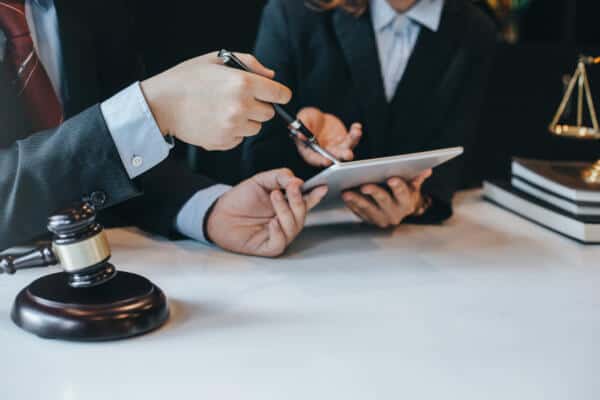
Proving negligence is central to a valid slip and fall claim. Victims must establish that the property owner or manager failed to exercise reasonable care, resulting in unsafe conditions.
- Duty of Care
Property owners must maintain reasonably safe premises. This includes addressing hazards like wet floors, uneven surfaces, or debris in common areas. - Breach of Duty
Plaintiffs need to demonstrate that the property owner breached their duty by failing to fix or adequately warn about the hazard. For example, leaving spills uncleaned for an extended period. - Causation
Victims must show that the hazardous condition directly caused their fall and subsequent injuries, such as back injuries requiring medical attention. - Damages
Claimants should provide evidence of damages, including medical bills, lost wages, and records of ongoing medical care, like physical therapy for herniated discs or fractures.
Evidence like surveillance footage, photographs of the scene, and witness statements can strengthen negligence claims. Consulting legal professionals, such as NYC Back Injury Lawyer, ensures detailed case evaluations and helps gather necessary proof.
Key Evidence to Collect After a Bronx Slip and Fall Accident
Collecting strong evidence after a slip and fall accident is crucial to building a successful case. Victims in the Bronx should focus on securing the following:
- Photographs of the Scene
Take clear photos of the hazard that caused the fall, such as wet floors, uneven surfaces, or debris. Ensure the images capture the time, date, and location to validate the condition as evidence. - Surveillance Footage
Request video recordings from nearby security cameras that may have captured the incident. Footage showing the fall and unsafe conditions provides compelling support for negligence claims. - Witness Statements
Obtain contact information and written or recorded accounts from individuals who saw the accident. Witnesses can confirm the dangerous condition and corroborate your version of events. - Incident Reports
File an official report with the property owner or manager immediately after the fall. Keep a copy of this document, as it will detail the circumstances of the accident and any immediate actions taken. - Medical Records
Seek medical attention promptly and retain all medical documentation, including emergency room visits, diagnoses, treatment plans, and related expenses. These records prove the extent of the injuries and their connection to the incident. - Proof of Financial Losses
Maintain records of lost wages, receipts for assistive equipment, or rehabilitation costs to substantiate financial damages. Include any documentation showing the impact on earning capacity due to severe back injuries. - Expert Opinions
Consult professionals, such as NYC back injury lawyers, who can assess your evidence and guide you on what additional materials may strengthen your claim.
Each piece of gathered evidence directly supports the victim’s case and increases the likelihood of obtaining fair compensation.
Filing a Compensation Claim for Back Injuries in 2025
Victims of slip and fall accidents in the Bronx who experience back injuries can seek compensation for medical expenses, lost income, and pain. The process involves proving liability, demonstrating damages, and complying with legal deadlines.
Understanding Legal Deadlines
Bronx slip and fall claims must adhere to strict statutory deadlines. Under New York law, the statute of limitations for personal injury cases is three years from the date of the accident. Failing to file within this time can result in a loss of compensation rights. Consulting a legal professional early ensures timely action.
Establishing Liability
Proving the property owner’s liability is a critical step. Claimants need to show the owner or party in control of the premises failed to address or warn about unsafe conditions, such as wet floors, broken steps, or poor lighting. Evidence like incident reports, photos, and witness statements strengthens claims.
Calculating Damages
Back injuries often lead to substantial financial and physical losses. Damages may include emergency medical care, follow-up treatments, physical therapy, prescription costs, surgeries, and lost wages if the injury affects employment. Pain and suffering compensation is also recoverable based on the severity of the injury.
Importance of Legal Representation
Navigating compensation claims involves complex procedures. Hiring a legal expert, such as an NYC Back Injury Lawyer or firms like Oresky & Associates, simplifies the process. They conduct investigations, gather evidence, and negotiate with insurers to maximize settlement amounts, allowing victims to focus on recovery.
The Role of Medical Records in Strengthening Your Case
Medical records play a critical role in demonstrating the severity and impact of back injuries caused by slip and fall accidents. These records provide objective evidence of the injuries sustained, the treatments required, and the potential long-term effects. Comprehensive documentation, including diagnostic tests like X-rays, MRIs, or CT scans, helps establish the connection between the accident and the injuries.
Accurate and detailed medical records also support claims for damages. Treatment notes, surgery reports, and physical therapy records can substantiate medical expenses and projected future costs. For example, if a victim undergoes spinal surgery or requires ongoing rehabilitation, these details are crucial for calculating appropriate compensation.
Consistent medical documentation proves essential when disputing claims from opposing parties or insurance companies. Defendants might argue that pre-existing conditions contributed to back injuries. However, complete records from medical providers can refute such claims by demonstrating the specific changes caused by the accident. Victims working with experienced legal professionals, like an NYC back injury lawyer, strengthen their case by properly leveraging this evidence.
These documents also help show the pain and suffering endured after a back injury. Progress notes detailing limited mobility, chronic pain, or difficulty performing daily activities serve as evidence when seeking non-economic damages. Legal teams, such as Oresky & Associates, understand how to use this information effectively to secure maximum compensation.
Working with Bronx Lawyers to Maximize Your Settlement
Experienced Bronx lawyers play a vital role in securing fair settlements for slip and fall back injury cases. They understand the complexities of New York premises liability laws and help victims identify liable parties. By working with legal professionals, victims avoid common pitfalls and strengthen their cases through expert guidance on evidence collection and claims procedures.
Comprehensive case evaluations enable attorneys to calculate accurate settlement amounts. Factors like medical expenses, lost income, and non-economic damages such as pain and suffering are considered. For instance, NYC back injury lawyers assess the long-term impact on victims’ mobility and earning capacity to ensure full compensation.
Negotiation expertise helps victims avoid lowball offers from insurance companies. Legal professionals advocate for clients by presenting compelling evidence, such as medical records and incident reports, to substantiate claims. Firms like Oresky & Associates focus on protecting victims’ interests, ensuring higher payout potential.
Litigation representation is essential if pre-trial negotiations fail. In such cases, lawyers prepare to argue in court, leveraging evidence and expert witnesses to support the claim. Their in-depth knowledge of Bronx courts can significantly impact the outcome, ensuring victims receive just compensation.
Common Mistakes to Avoid When Filing Slip and Fall Claims
Navigating a slip and fall claim can be overwhelming, and avoiding common errors is crucial to securing fair compensation. Delaying medical treatment, failing to gather sufficient evidence, or missing legal deadlines can weaken a case significantly. Victims should also avoid giving recorded statements to insurance companies without legal representation, as these can be used to minimize payouts.
Partnering with an experienced Bronx slip and fall lawyer ensures victims avoid these pitfalls while building a strong case. Legal professionals provide the guidance needed to protect rights, maximize settlements, and secure the resources necessary for recovery.




